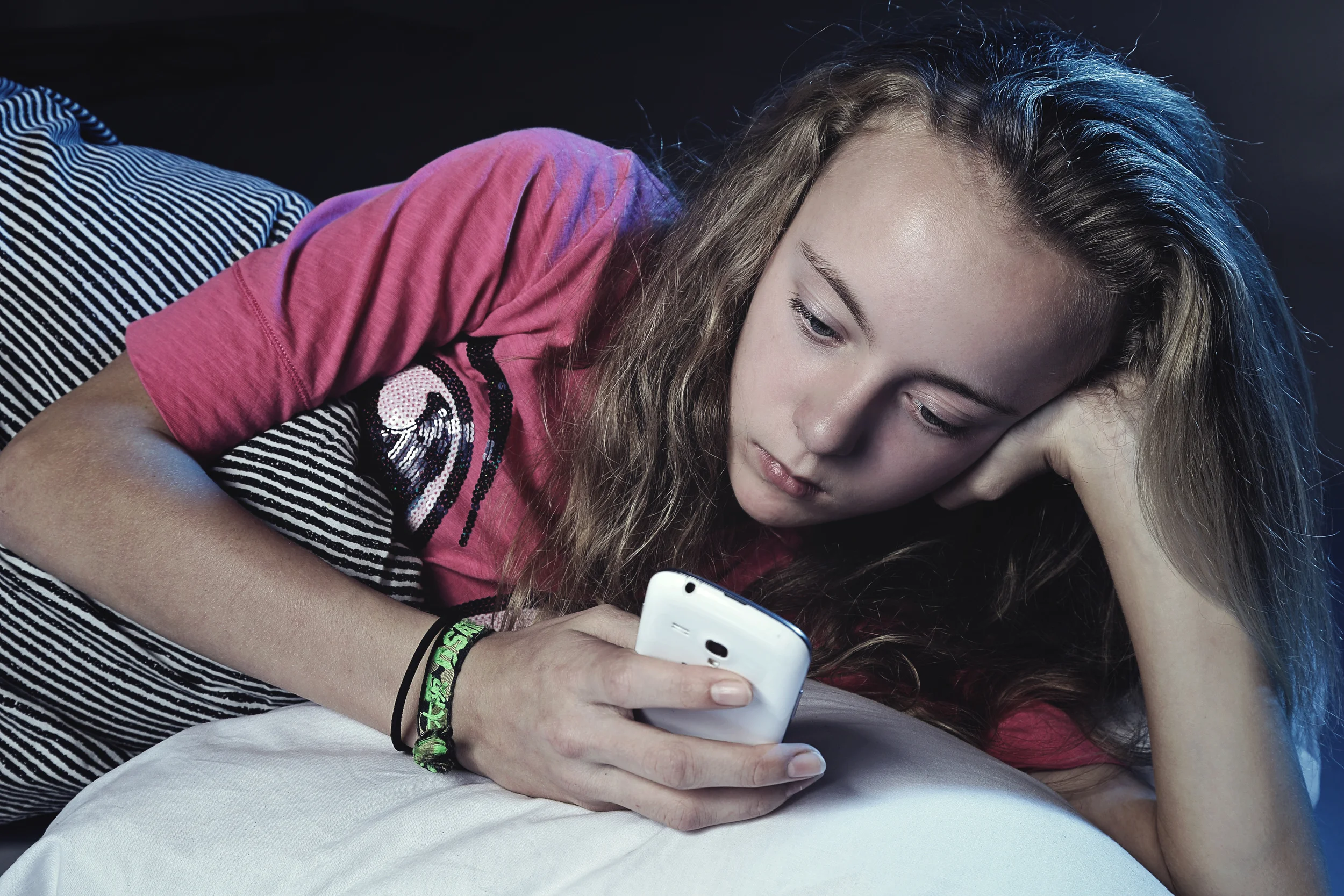Must Watch: CNN documentary shows parents the importance of being DijiWise
/ADOBE STOCK PHOTO CREDIT
CNN’s Special Report on Monday, October 5th, #Being13: Inside the Secret World of Teens, covered how social media has changed what it’s like to be a teenager in the US. A year of research was conducted with over 200 13 year-olds to find out how teens actually use social media. CNN also reached out to parents to see what they thought of their kid’s social media usage. Parents wanted to understand their kids’ worlds, but many said that keeping up with their kids’ social media is like chasing a runaway train. At DijiWise, this is a pain we personally understand and a core motivation for designing our DijiWise app to be the monitoring app for kids’ social networks. CNN found that not only are teenagers actively using social media but are also spending a significant amount of time passively scrolling through social media without posting anything.
“Parents wanted to understand their kids’ worlds, but many said that keeping up with their kids’ social media is like chasing a runaway train.”
From their write-up of the report, CNN found that this “‘lurking,’ reading the never-ending stream of their peers' activities without posting anything themselves,” only greater emphasizes those who are popular and those who are not. A selfie posted by a popular kid will get a skyrocketing number of likes simply because they are already well-known. For kids who aren’t usually invited to hang out with others, seeing photos of movie gatherings and mall trips on Facebook and Instagram makes them feel even more isolated.
The report revealed how social media amplifies the feeling of exclusion.
“When we asked 13-year olds ‘What is the worst thing that happened to you on media,’ their responses included these:
- Being excluded to some parties.
- My best friends hung out without me, and posted it on instagram.
- My friends went out without me and posted pictures on instagram then denied they were out together.
- Not anything specific, but I don't like when people post pictures or tweet about a party that I wasn't invited to.
- Seeing pictures posted by my friends doing things where I wasn't included.”
It’s common to feel excluded when we aren’t invited to an event, but social media allows kids who weren’t included to see the fun that they missed out on. And even if the party wasn’t great, a quick smile for the camera means that the photos from the party made it seem great. People tend to share happy moments on social media and not the difficult ones, a distinction that may be aparent to an adult but to kids. For middle schoolers, the line between the real world and the cyber world doesn't exist. This imbalanced perception affects teenagers as they develop their own self-identity and understanding of the world. As parents, it’s important to communicate to our children the filtered nature of social media and how they are never alone in their struggles.
“For middle schoolers, the line between the real world and the cyber world doesn’t exist.”
At DijiWise, we feel that monitoring our kids’ social media activity is only the first step. We believe in having open and honest conversations with our kids to help guide them through some of the most formative years of their lives.

